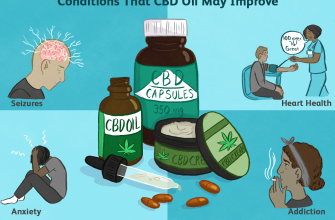Pain and inflammation are part of everyone’s life. Such unpleasant processes in our body are its natural reaction, which is aimed at self-healing. However, with intense pain, it is not possible to do without outside help.
The endocannabinoid system is mainly active in controlling pain at the central level of the nervous system, but it is also active in the peripheral nervous system against the symptoms of inflammation, accompanied by intense itching, which is a constant companion of most dermatitis and allergies. Through their action on our endocannabinoid system, cannabinoids are able to modulate pain thresholds and inhibit the release of pro-inflammatory molecules like ibuprofen.
Preclinical and clinical studies have proven the anti-inflammatory and analgesic effects of cannabinoids, suggesting that cannabis derivatives may be useful in the treatment of conditions associated with acute or chronic pain, even in conditions that are often refractory to traditional therapies. In particular, CBD is able to reduce the inflammatory process by reducing the production of cytokines by the immune system and downregulating some of the receptors responsible for the perception of pain. A starting dosage of 2.5mg CBD per day can usually be increased to 20mg CBD per day.
Several clinical trials have demonstrated safety and efficacy #CBDin the treatment of central and peripheral neuropathic pain, pain of rheumatic origin and oncological pain. As a consequence, the World Anti-Doping Agency (WADA) recently banned CBD/ #CBDfrom the list of prohibited substances. This has allowed many professional athletes to join other patients in testing CBD as a replacement for ibuprofen or other pain and anti-inflammatory drugs.




